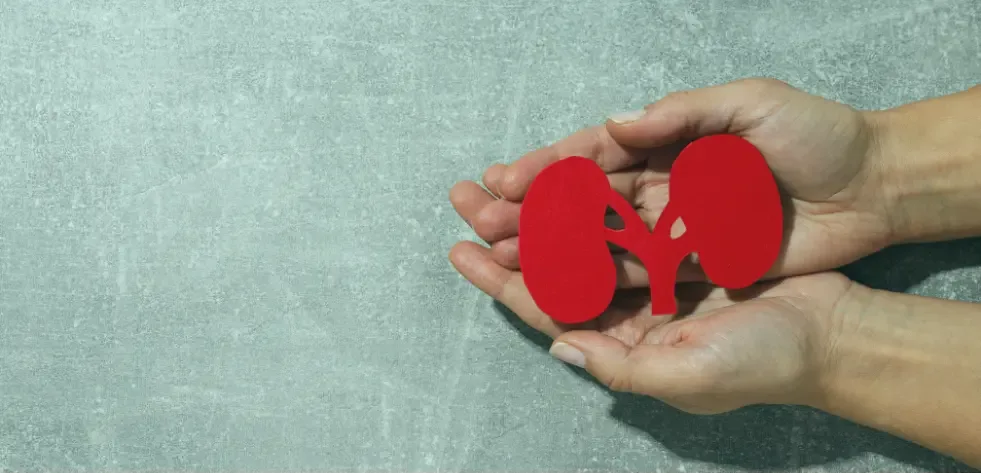Medotil's Promise: No hidden charges
Rest assured, no additional cost will be incurred from our end because your health is priceless.
Request a Free Consultation Contact Us
Living with renal failure kidney disease or chronic kidney disease means a person has to count on kidney transplantation, if possible, for savings their life. During the operation, the diseased tissue is removed and a healthy one from a living or deceased donor is put in place instead.
Read More